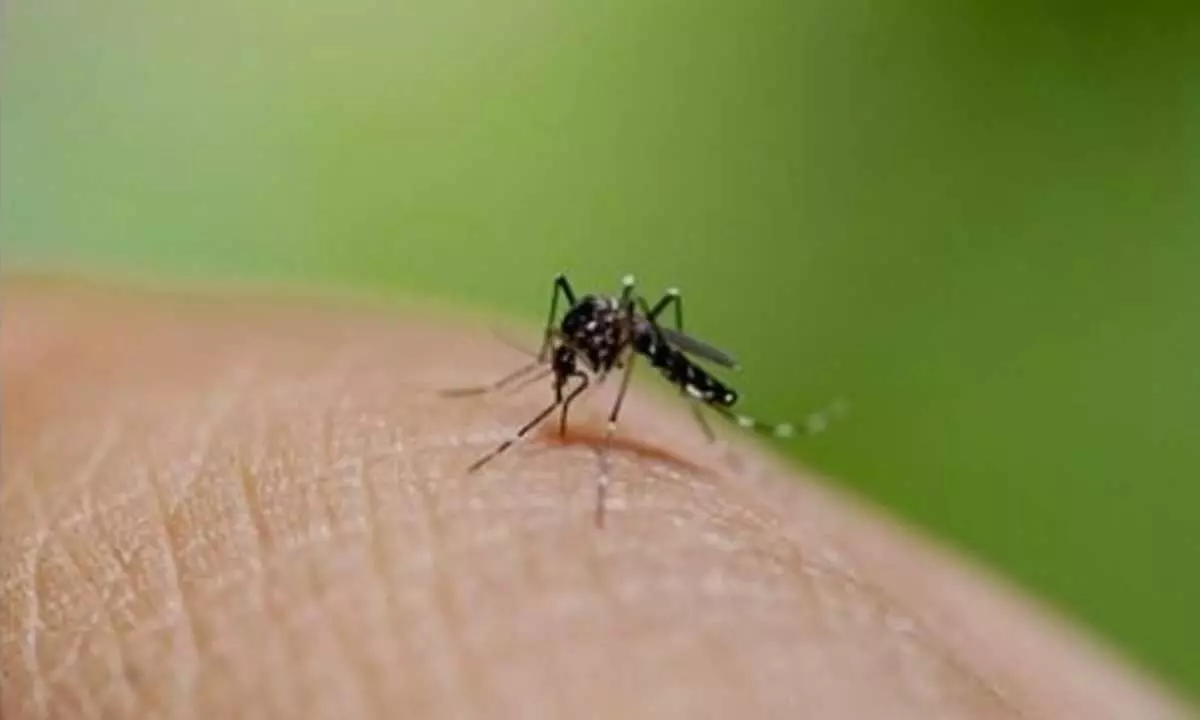Surge in fever cases in Lucknow; dengue, typhoid on the rise
Share :

Hot and humid conditions have led to a surge in the number of fever cases in the state capital.
Lucknow: Hot and humid conditions have led to a surge in the number of fever cases in the state capital.
According to doctors, there has been about 40 per cent increase in cases of fever, including dengue, viral, and typhoid in comparison to August.
Doctors have warned people against self-medication and said that right and timely diagnosis can play a crucial role in treatment.
The outpatient department (OPD) of SPM Civil Hospital, Balrampur Hospital, Lokbandhu Hospital and King George’s Medical University used to receive an average of about 150 cases daily before August. However, cases have gradually increased, and in September, the four hospitals together are now receiving 200-210 cases daily.
The cases of fever due to dengue were almost negligible until August 15, but they started rising afterwards, and now 10-15 cases are being reported daily. Similarly, cases of waterborne diseases like typhoid, which used to be around 10-12 daily earlier, have now increased by 10-15 per cent.
Prof Narsingh Verma, in charge of the family medicine unit at KGMU, said that hot and humid conditions favour the spread of diseases like dengue, typhoid, and bacterial infections.
For dengue, humid climate creates ideal conditions for the Aedes mosquito, which transmits the virus. Stagnant water and dense population are contributing factors. For typhoid, the key concerns are contaminated food and water sources, often exacerbated by poor sanitation and overcrowding in communities. Flu infections, on the other hand, typically spread through the air and are contaminated with the virus.
Medical superintendent of Lokbandhu Hospital, Dr Ajay Sankar Tripathi, said, “People often take over-the-counter antibiotics for fever without understanding that overuse of antibiotics can also lead to antibiotic resistance, making infections harder to treat.”
Medical superintendent Balrampur Hospital said, “People should opt for prevention strategies, including improving sanitation and hygiene practices, implementing vector control measures for dengue, and emphasising safe food and water handling for typhoid and bacterial infections.”













